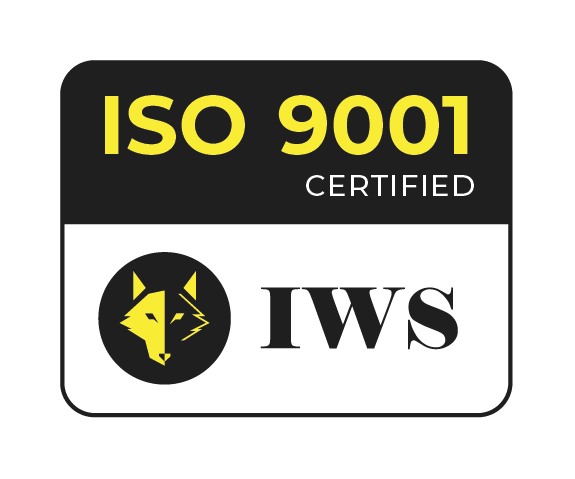IncQuery has had the honor to be featured once again in the November 2022 edition of the Project Performance International Systems Engineering Newsjournal – this time with a case study authored by our senior researcher, Géza Kulcsár, PhD., subsequent to our appearance in the March 2022 issue. The following is an outline of the feature article.
As our society is becoming more interconnected, interrelated, and networked, systems engineering techniques must evolve to meet the increased complexity and expected adaptability of the systems around us. To achieve this, a general technical and conceptual baseline for an accessible digital thread needs to be defined and continuously refined. Natural Language Processing (NLP) has recently undergone rapid technical advancement, making it a promising candidate for cross-fertilization with model-based systems engineering (MBSE).
One of the challenges of systems engineering is structuring information in a way that is accessible to all stakeholders. Structured querying, which relies on a dedicated query language offered by a modeling platform, is a technique used to retrieve elements from a graph. However, to write a query, one must have knowledge of modeling tools and query languages, industrial standards, as well as technical and business domains. This leads to accessibility bottlenecks for non-expert engineers delegating this work to a few rare experts. As a result, the benefits of MBSE are only enjoyed by a few initiates.
Our paper highlights a very promising way forward in the domain of intuitive information retrieval. Thanks to recent progress in Natural Language Processing, the trend has shifted towards natural language search, which allows users to freely express their queries in a natural language, without the need to abide by mathematical notation. This approach lowers the complexity of mastering query languages and offers a more natural interface with models or knowledge graphs.
Our proposed approach was to apply model-to-text transformation on the query results to achieve model self-descriptions (MSD), i.e., natural-language documents automatically generated from query results – while retaining a trace link to the originating model elements. This concept allowed us to represent those documents via state-of-the-art NLP language models, thus making them available for a wider range of professionals, not necessarily having modeling expertise, for various textual comprehension and retrieval activities; in particular, for natural querying. This represents a major step forward in making complex systems engineering models accessible to a wider audience.
We demonstrated the potential of this approach through experiments by applying NLP techniques to model self-descriptions. We evaluated two language models, including a well-known vector model (TF-IDF) and a state-of-the-art transformer model (BERT by Google), and showed promising results for a variety of search terms. This new approach to information retrieval has the potential to revolutionize the field, making it more accessible and intuitive for professionals across a multitude of industries. With continued advancements in NLP technology, the future looks bright for natural language information retrieval – even in complex digital engineering.







